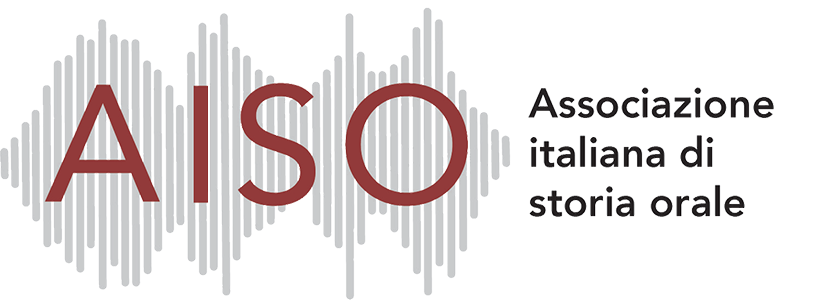Call for Papers
2018 ANNUAL CONFERENCE of the OHS and OHNI with QUOTE Hub, Queen’s University Belfast
Dangerous Oral Histories: risks, responsibilities and rewards
Venue: Riddel Hall, Queen’s University Belfast, 185 Stranmillis Road, Belfast BT9 5EE
Date: Thursday 28 and Friday 29 June 2018
This joint conference of the Oral History Society and the Oral History Network of Ireland addresses the ethical and legal implications of oral history research. It presents a timely opportunity to explore the many issues raised by challenging projects, such as: What is an acceptable level of risk for interviewees/interviewers in the oral history process? What are the new responsibilities of the oral historian in a digital age? What are the rewards for initiating ‘dangerous’ oral history projects on ‘difficult’ topics, and when do the risks outweigh them? From this starting point, the conference organisers wish to solicit papers on all aspects of risk, responsibilities and rewards – and offer the following suggestions, whilst also welcoming other imaginative proposals addressing our theme of dangerous oral histories.
Conference sub-themes include:
- Methodology: personal safety, dangerous practices, the ethics of interviewing
- Risks and challenges for researchers: copyright, ownership and consent
- Interviewing on the edge: criminals, illegals, war survivors
- Working with victims: adapting process, practice and outputs
- Oral histories of conflict and struggle: community activists, security personnel, ex-combatants
- Oral history in totalitarian and post-totalitarian societies
- Oral histories of disasters and catastrophes
- Oral history’s relationship with official secrecy and security
- Interviewee risk in sharing/telling stories: re-traumatisation, ruptures within families/workplaces/communities
- Justice contexts: prison-based oral history
- Oral history, trauma and abuse: the unspoken
- Illness, death and end-of-life narratives
- Environmental risk and danger: disasters
- Work-based hazards and accidents
- Discord and danger in community history
- Sexuality narratives: discrimination, illness, illegality
- Reuse of archived oral histories on challenging and controversial topics
- Practical strategies for interviewers working in dangerous areas
- Ways of mitigating risk: risk assessment, training, the role of ethics committees
- Responsible collection and archiving practices: including the implications of the Boston College Project
- Teaching dangerous oral histories
- Museums as ‘safe’ spaces for dangerous and challenging oral histories
PROPOSALS The deadline for submission of proposals is 22 December 2017. Each proposal should include: a title, an abstract of between 250-300 words, your name (and the names of any co-presenters, panellists, etc), your institution or organisation, your email address, and a note of any particular requirements. Most importantly your abstract should demonstrate the use of oral history or personal testimony and be directly related to the conference theme. Proposals that include audio playback are strongly encouraged. Proposals should be emailed to the Dangerous Oral Histories Conference Administrator, Polly Owen, at polly.owen@ohs.org.uk. They will be assessed anonymously by the conference organisers, and presenters will be contacted in January/February 2018. ORGANISING GROUP Anna Bryson, Arlene Crampsie, Ida Milne, Sean O’Connell, Rob Perks, Adrian Roche, Mary Stewart, Juliana Vandegrift.
